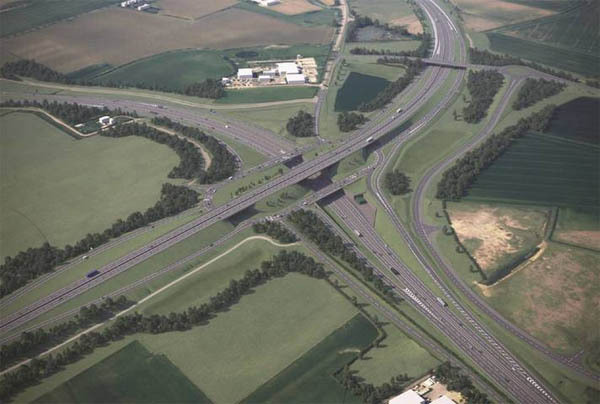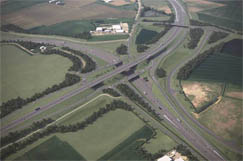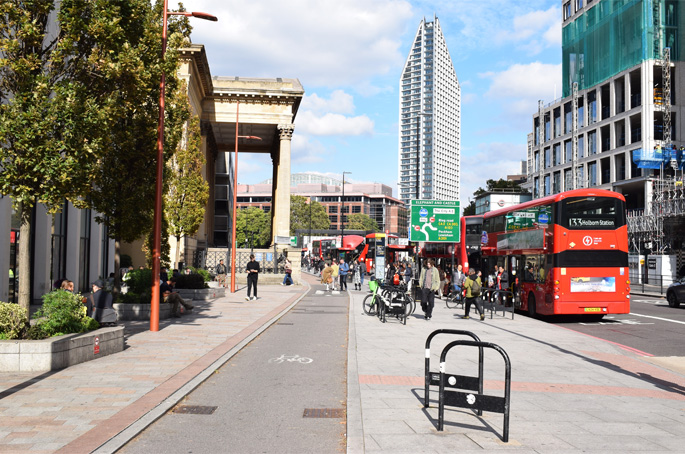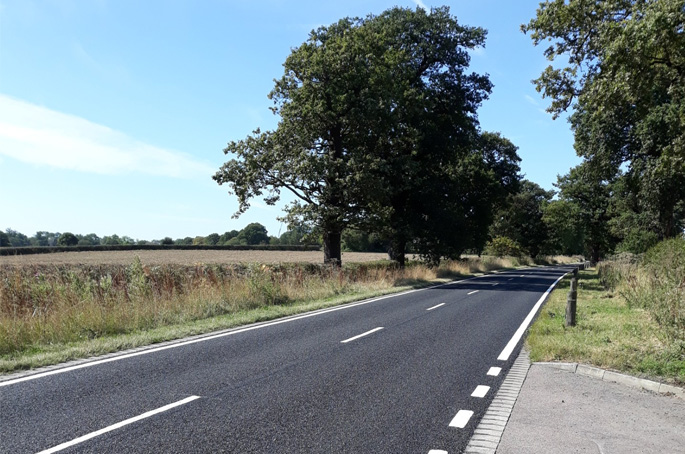The transport secretary has laid a revised policy statement on national road and rail networks before Parliament, providing a new framework for government to decide on English development consent applications.
In a statement to Parliament, Mark Harper said the new National Networks National Policy Statement (NNNPS) sets out the need to develop nationally significant road, rail and strategic rail freight interchange projects.
He added that the document ‘makes it easier, simpler and cheaper to deliver the transport infrastructure we all use or will use in future', though critics said he had brushed off calls for more climate protections.
National networks face a range of challenges that may require infrastructure interventions, the minister said, including:
- maintaining network performance and meeting user needs;
- supporting economic growth;
- resilience and adaptation to climate change;
- supporting the government's environment and net zero commitments
- maintaining and enhancing safety.
He also published the Government's responses to the Transport Select Committee report and the public consultation on last year's draft revised NNNPS.

In response to a recommendation from the select committee that the Government should respond to the Climate Change Committee's (CCC) recommendation on reviewing the roads programme, the DfT said :‘We do not anticipate the need for further review of the NNNPS'.
The department argued that action was already being taken across the economy and transport to reduce emissions, some of which had been acknowledged in the revised NNNPS.
In response to calls to model and report on scenarios where traffic levels on the strategic road network are reduced or maintained, the DfT said demand management policies would be necessary for these scenarios to be realised.
‘The Government's policy is not to stop people travelling,' it added.
Chris Todd, director of Transport Action Network, said: ‘The DfT says it is "determined to maintain a top-quality strategic road network", yet traffic data released the next day shows the worst ever delays since road reform in 2015.'
He added: 'It's clear the next government will have to change direction before the country grinds to a halt, as it will not be able to build its way out of congestion.'
Parliament has until 23 April to debate the revised NNNPS, after which it will come into force subject to Parliamentary approval and formal designation by the Government.
































